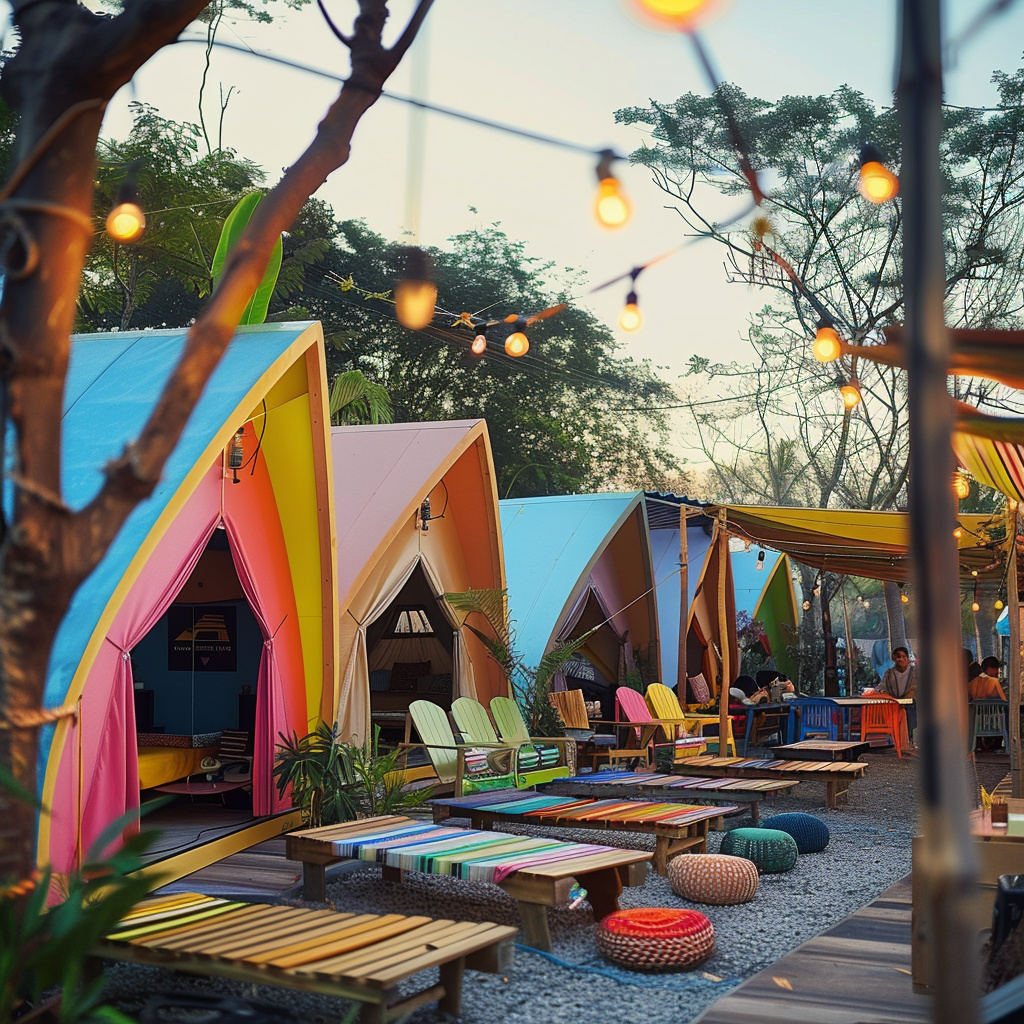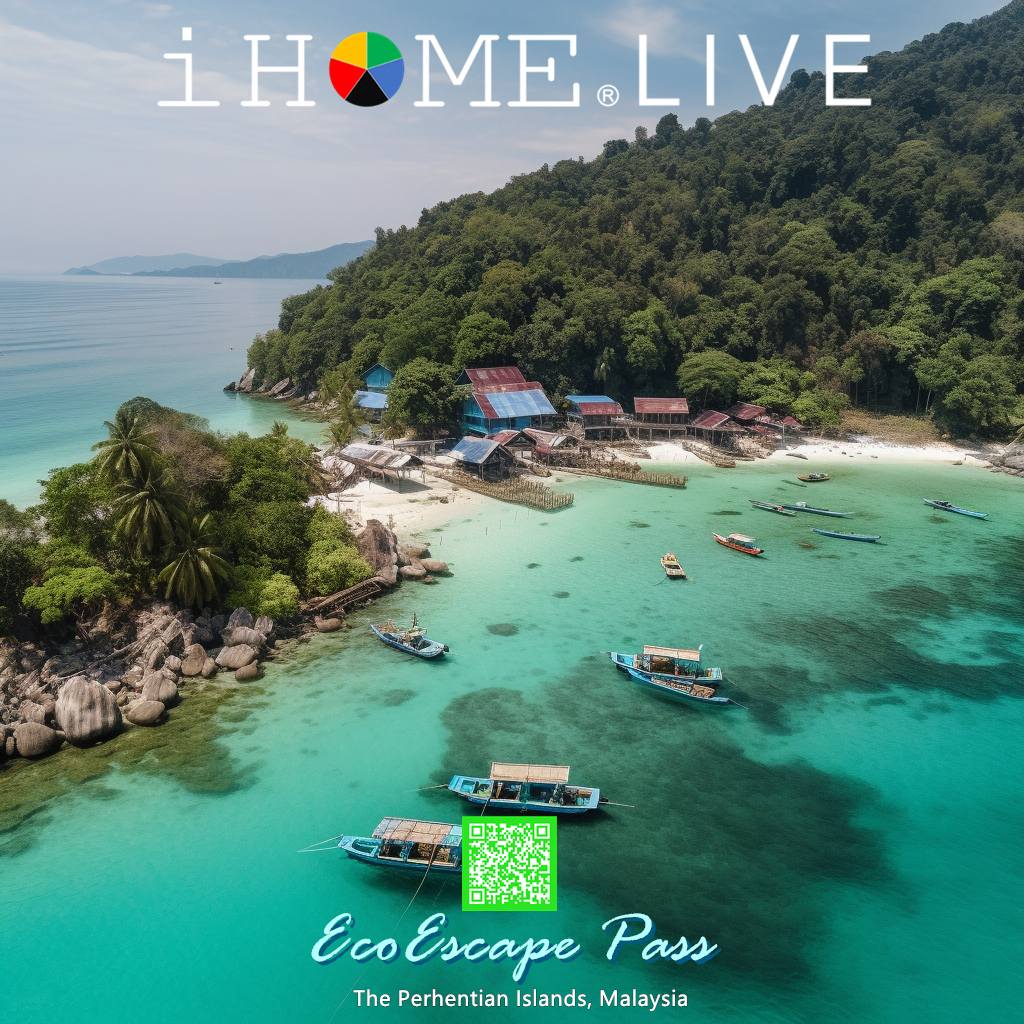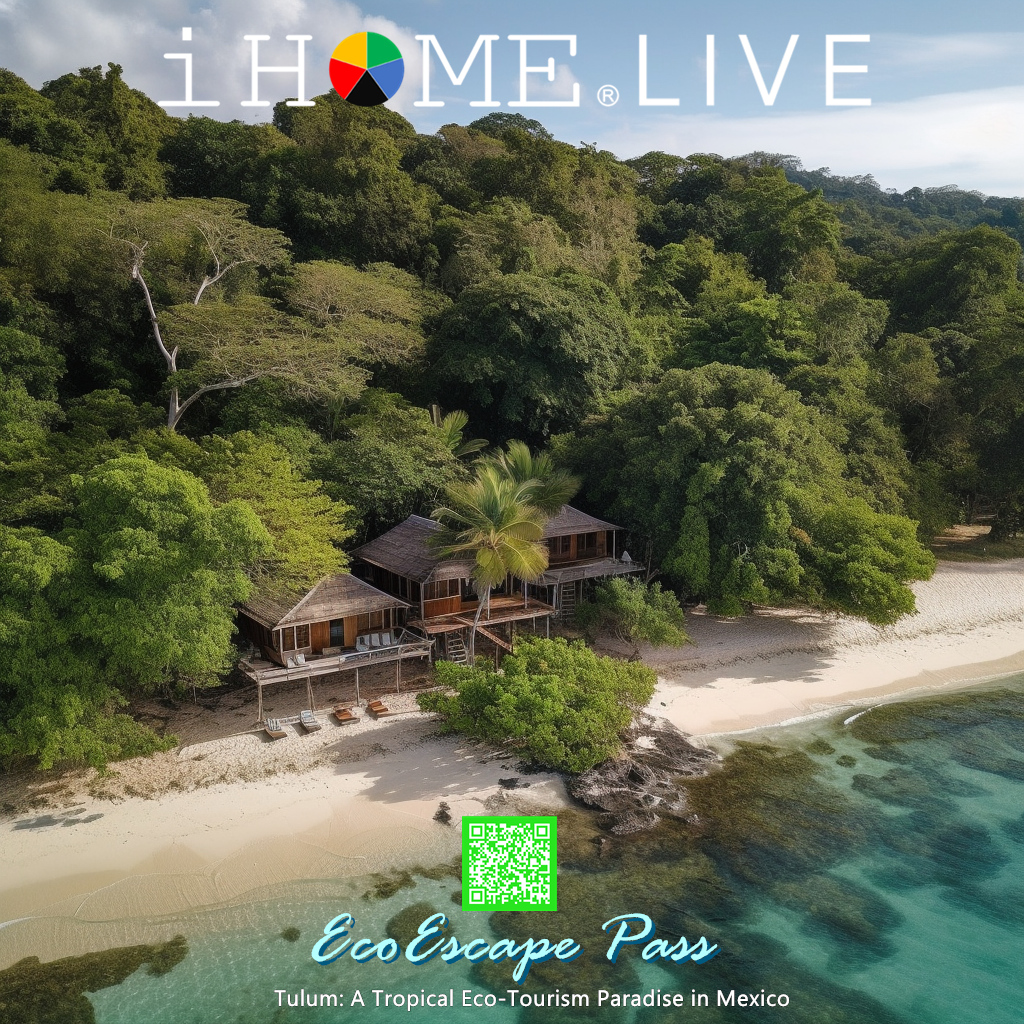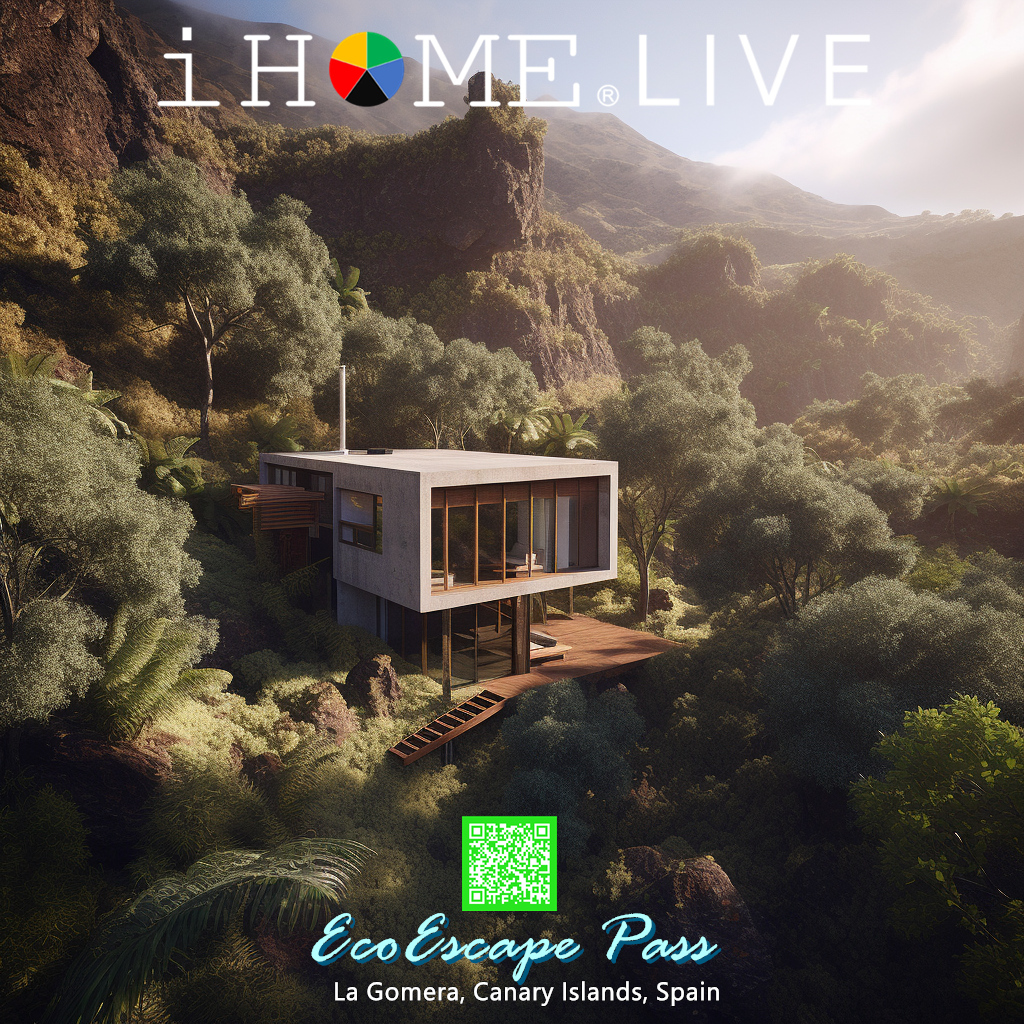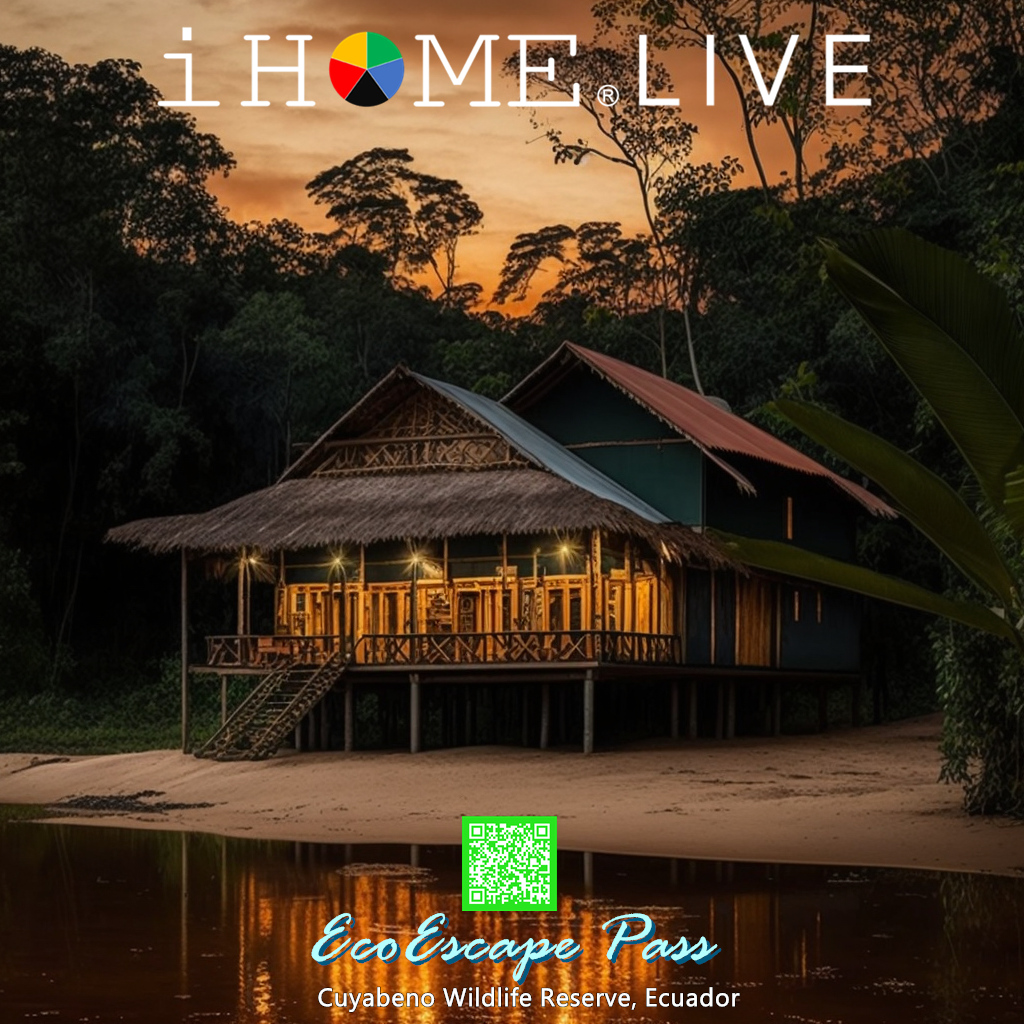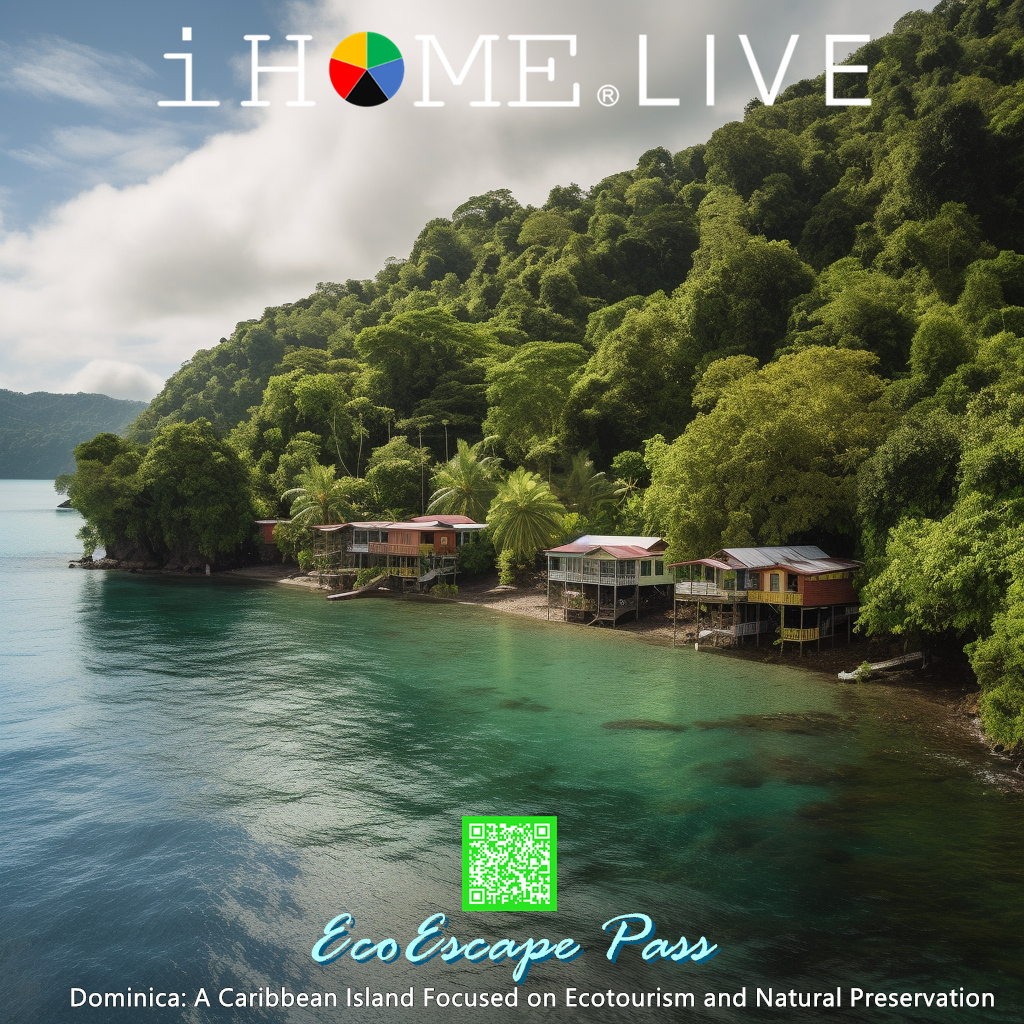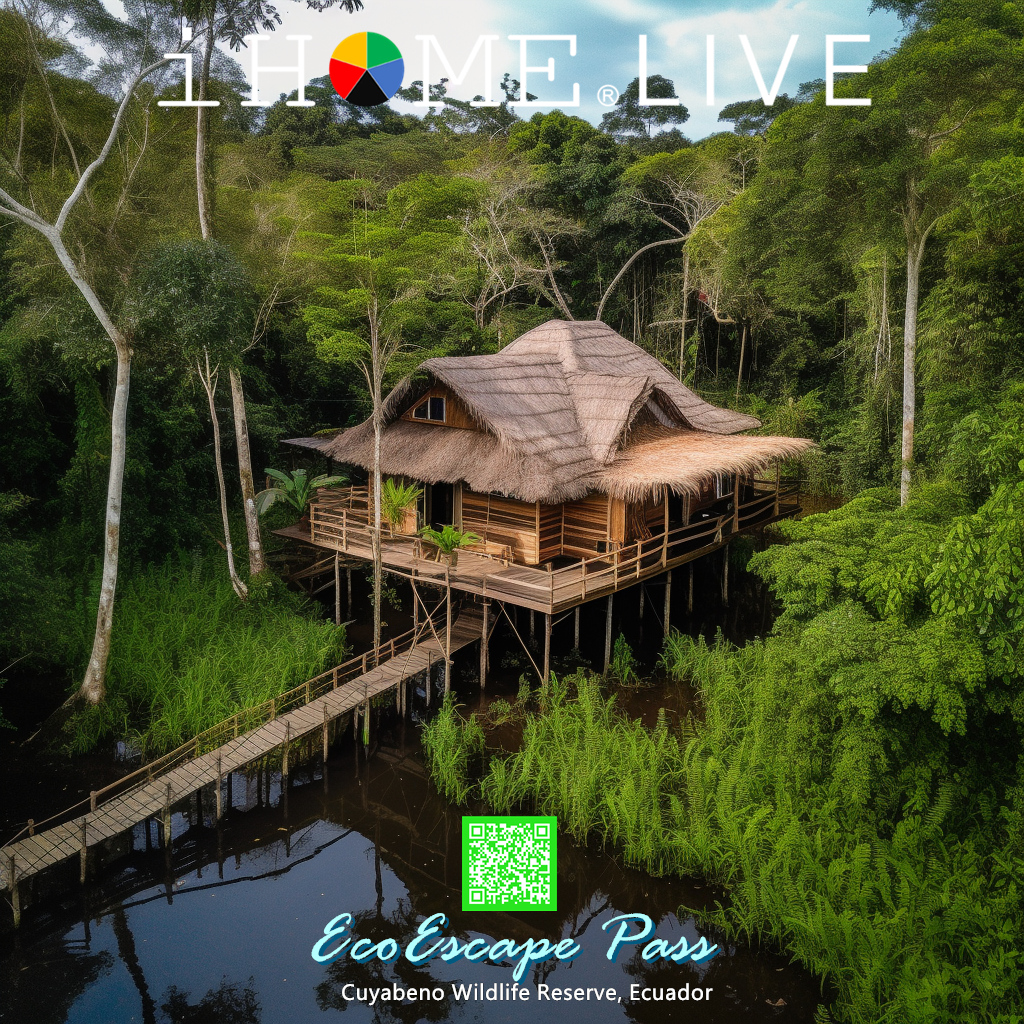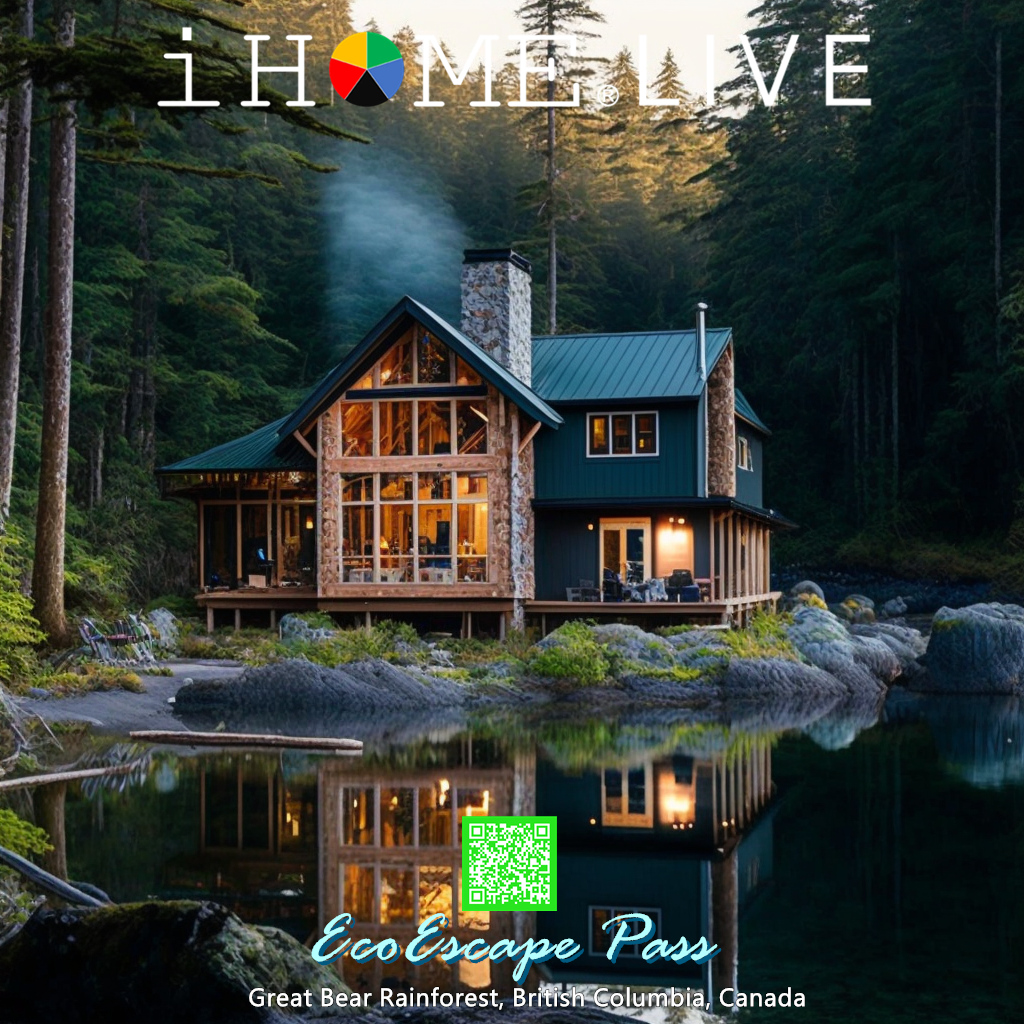Overview
Description: The Pantanal, located in Brazil, is the world’s largest tropical wetland area and a UNESCO World Heritage site. Renowned for its remarkable biodiversity, it offers an unparalleled experience for eco-conscious travelers. This natural paradise is a haven for wildlife, including jaguars, capybaras, and a myriad of bird species, all thriving in its vast, tranquil wetlands.
Eco Attractions: Pantanal’s key eco-friendly attractions include guided wildlife tours, bird-watching expeditions, and sustainable fishing practices. Visitors can explore its extensive network of rivers and lagoons through eco-friendly boat rides, and stay in eco-lodges that emphasize sustainability and conservation efforts.
Visa and Residency Options
Visa Requirements
- Types of Visas: For eco travelers, Brazil offers tourist visas, which typically allow for stays up to 90 days. An eco-tourism visa can also be sought for those specifically visiting for conservation and eco-tourism activities.
- Application Process: Applications can be done online or through Brazilian consulates. Requirements include a completed application form, passport-sized photos, proof of accommodation, and a return ticket.
- Documentation and Eligibility: Necessary documents include a valid passport, visa application form, proof of financial means, and sometimes a letter of invitation or a travel itinerary.
Long-term Stay Permits
- Extending Your Stay: Options include extending the tourist visa for another 90 days or enrolling in eco-volunteer programs that offer extended stay permits.
- Application Details: Applications for extensions are processed through the Federal Police of Brazil. Required documentation includes an extension form, passport, and proof of accommodation.
- Long-term Options: Long-term eco-friendly stays can be facilitated through programs such as eco-volunteering or working with local conservation projects.
Residency Options
- Paths to Residency: Temporary residency can be obtained through work visas for those involved in eco-tourism or environmental conservation. Permanent residency is available for those investing in local eco-businesses.
- Residency Requirements: Requirements include proof of employment, investment, or family ties in Brazil. Benefits include access to local services and the right to live and work in Brazil.
- Transitioning to Permanent Residency: After maintaining temporary residency for a certain period and meeting specific criteria, one can apply for permanent residency.
Living Conditions
Cost of Living: The average cost of living in the Pantanal is relatively moderate. Accommodation ranges from $300 to $600 per month, depending on the eco-lodge. Food and transportation costs are also affordable. The local currency is the Brazilian Real (BRL), with an exchange rate of approximately $1 = R$5.20.
Infrastructure: Sustainable housing options include eco-lodges and environmentally-friendly residences. Internet reliability can vary, with some remote areas having limited access. Basic amenities and healthcare facilities are available, though they may be simpler than in urban areas.
Additional Details: Opening a bank account and registering a business involve standard procedures. Local tax obligations must be adhered to, with a focus on sustainable practices.
Community and Networking
Community Overview: The eco-conscious community in Pantanal is active and engaged in conservation efforts. Expat communities are present, often involved in environmental projects.
Networking Opportunities: Regular eco-focused events and conservation projects offer ample networking opportunities.
Social Platforms: Platforms like Meetup and Facebook groups are used for eco-conscious networking.
Eco-Friendly Activities and Attractions
Nature Reserves and Parks: Highlights include the SESC Pantanal and Pantanal Matogrossense National Park, both rich in biodiversity and conservation efforts.
Guided Tours: Eco-friendly tours offer guided wildlife viewing and bird-watching, often led by local experts.
Wildlife Watching: The Pantanal is famous for its jaguars, giant otters, and caimans. Eco-friendly practices are emphasized to minimize human impact.
Outdoor Activities: Popular activities include hiking, kayaking, and horseback riding, all conducted with sustainability in mind.
Eco-Lodging: Recommended accommodations include Caiman Ecological Refuge and Araras Eco Lodge, both renowned for their sustainable practices.
Organic and Farm-to-Table Dining: Local dining options emphasize organic, locally sourced ingredients, with many eco-lodges offering farm-to-table dining experiences.
Environmental Initiatives
Conservation Programs: Numerous programs focus on wildlife conservation and habitat preservation. Organizations like the Panthera Project work to protect jaguars.
Volunteer Opportunities: Eco-volunteer opportunities include wildlife monitoring, reforestation projects, and environmental education.
Sustainable Living Workshops: Workshops on sustainable living, permaculture, and eco-friendly practices are available through local organizations.
Community Gardens and Urban Farming: Several community gardens and urban farming initiatives allow residents and visitors to participate in sustainable agriculture.
Cultural Insights
Local Customs: Understanding local customs, such as respect for nature and wildlife, is crucial. The Pantanal culture emphasizes harmony with the environment.
Language Tips: Portuguese is the official language. Basic Portuguese phrases can enhance the travel experience and foster better connections with locals.
Safety and Laws: The Pantanal is generally safe, but visitors should be aware of local laws, especially regarding wildlife protection and conservation areas.
Do’s and Don’ts: Do respect wildlife and natural habitats. Don’t litter or engage in activities that could harm the environment.
Summary
Pros:
- Rich biodiversity and unique wildlife experiences
- Strong eco-conscious community and conservation efforts
- Affordable cost of living with eco-friendly accommodation options
Cons:
- Limited infrastructure in remote areas
- Seasonal flooding may affect travel plans
Key Reasons: The Pantanal is ideal for eco-conscious travelers seeking immersive nature experiences, wildlife conservation opportunities, and a vibrant eco-community.
Useful Contacts and Resources
Embassies and Consulates: Contact details for embassies and consulates can be found on their official websites.
Local Government and Services: Local government offices provide essential services and support for expatriates.
Essential Services: Important websites and apps for daily living include local transportation services, eco-friendly marketplaces, and conservation organizations.
Emergency phone numbers: The local emergency number is 190 (police), 192 (medical emergencies), and 193 (fire department).
![Romania - Tiny house - [ Minimalist Retreats ] - Design Collectibles & Angel Membership (V1)](https://ihome.org/wp-content/uploads/2024/06/Slide19-300x300.jpg)



![Australia - Tiny house - [ Minimalist Retreats ] - Design Collectibles & Angel Membership (V1) (Copy)](https://ihome.org/wp-content/uploads/2024/06/Slide21-300x300.jpg)
